Geneva, located in the heart of Europe, is a picturesque city with a rich history and a reputation for international diplomacy. Here is a brief description of the history and significance of Geneva, Switzerland:
- Ancient Origins: The history of Geneva can be traced back to the Celtic period, but its true rise to prominence began in the Roman era when it was known as “Genava.” The Romans established a settlement here, and it served as a strategic point on trade routes.
- Medieval Geneva: During the Middle Ages, Geneva became a center of the Christian Church. It was part of the Holy Roman Empire, and its ecclesiastical importance led to the construction of the St. Peter’s Cathedral. The city also established a tradition of political autonomy and self-governance.
- Reformation: Geneva played a significant role in the Protestant Reformation led by John Calvin. In the 16th century, Calvin’s teachings transformed Geneva into a major center of Protestantism, attracting religious refugees from across Europe.
- Modern Geneva: In the 19th century, Geneva became known for its watchmaking industry, which still contributes to its global reputation for luxury timepieces. The Red Cross was founded by Henry Dunant in Geneva in 1863.
- International Diplomacy: Geneva has long been a hub for international diplomacy. In 1864, the first Geneva Convention established humanitarian rules for the treatment of wounded soldiers during times of armed conflict. The city is also home to many international organizations, including the United Nations Office at Geneva and the World Health Organization.
- Neutrality: Switzerland, including Geneva, has maintained a policy of neutrality in international conflicts, making it an ideal location for diplomatic negotiations and hosting numerous peace talks and international conferences.
- Cultural and Natural Beauty: Geneva boasts a diverse cultural scene, with numerous museums, galleries, and theaters. The city is also renowned for its stunning natural surroundings, situated on the shores of Lake Geneva and surrounded by the Alps. The iconic Jet d’Eau fountain, the Flower Clock, and the Reformation Wall are some of the city’s prominent landmarks.
- Multilingualism: Geneva is a multilingual city, where French is the most widely spoken language. However, due to its international character, you can hear a variety of languages spoken in the city.
Geneva’s history and international significance make it a unique and dynamic city that blends tradition with modernity, diplomacy, and culture, set against a backdrop of breathtaking natural beauty.

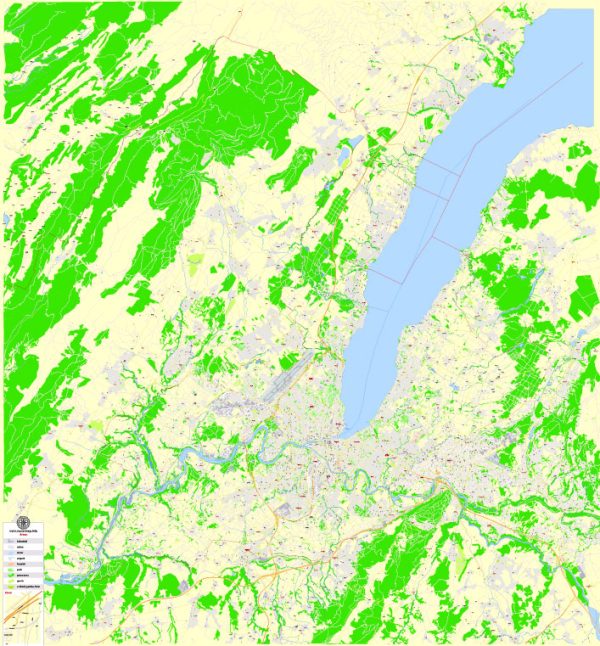
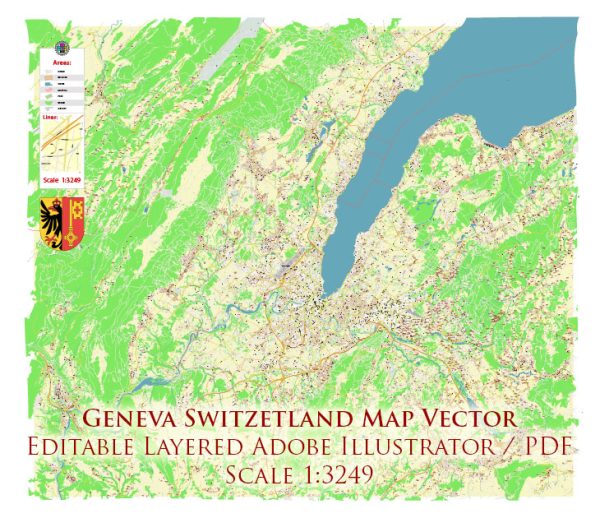
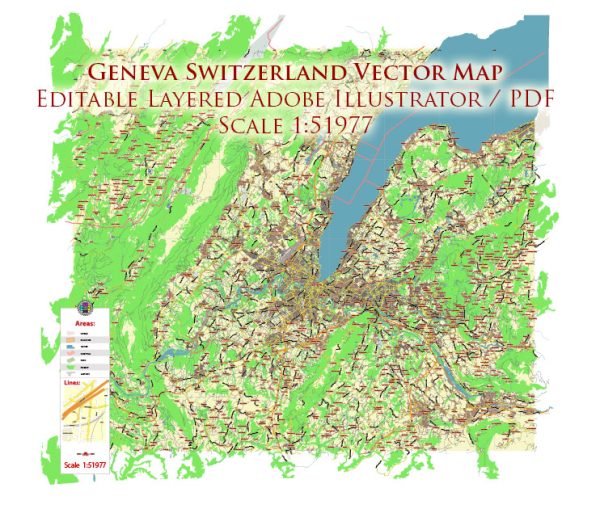
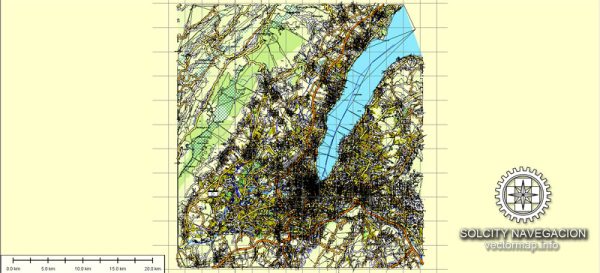
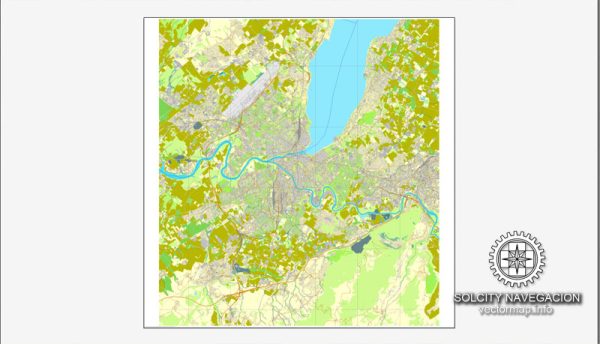
 Author: Kirill Shrayber, Ph.D. FRGS
Author: Kirill Shrayber, Ph.D. FRGS